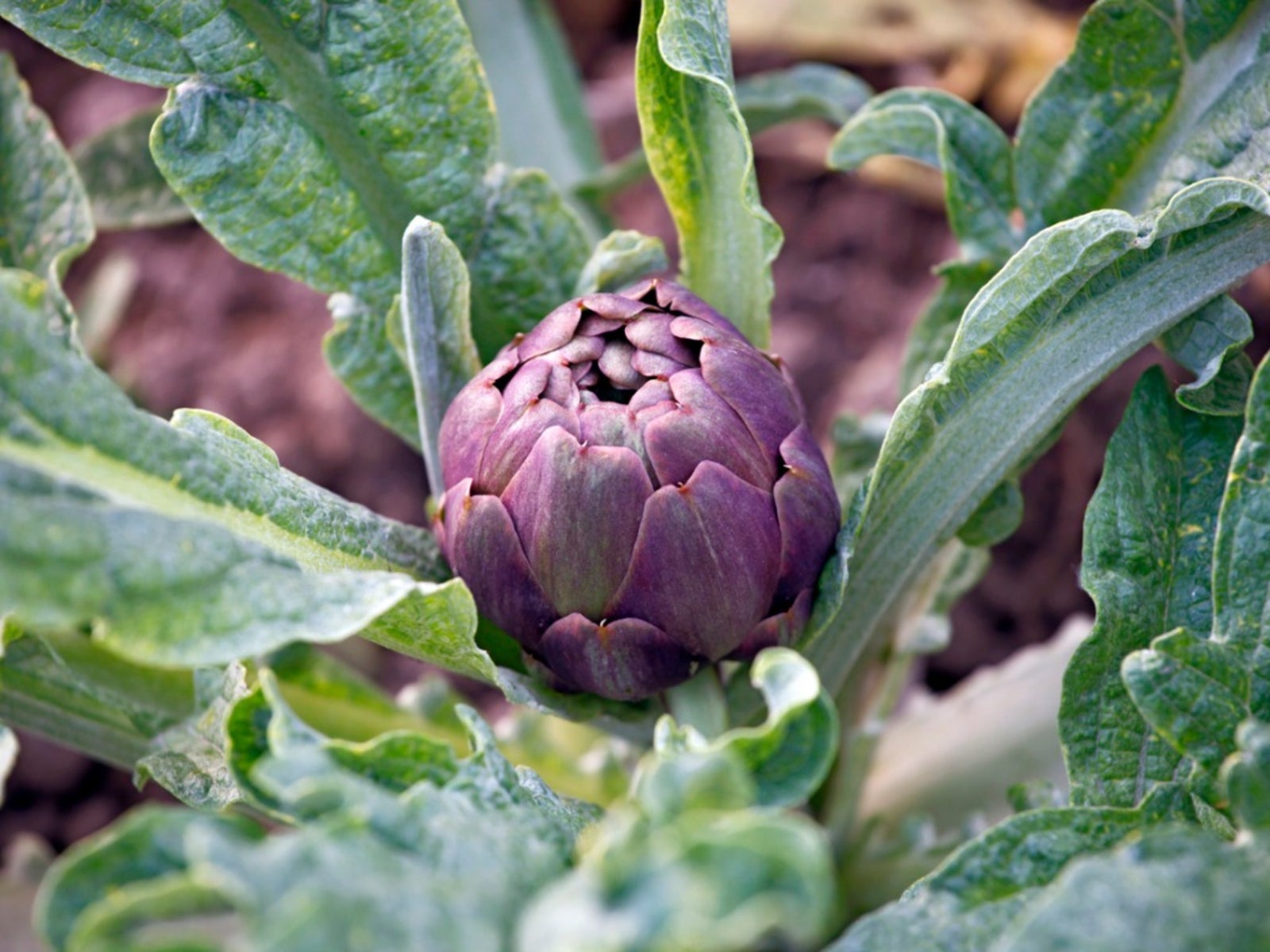
Whether you’re planting your very first vegetable garden or have a few seasons of growing under your belt, there are some vegetables that are hard to grow. These advanced vegetables are selections that are best left to the seasoned gardener. When we say these are hard vegetables to grow, it might be better to term them challenging vegetables; not for the faint of heart, but definitely for those who love to test their gardening prowess.
About Challenging Vegetables
Vegetables that are hard to grow may be difficult for one or more reasons. Sometimes these issues can be handled by a skilled and knowledgeable gardener while other times, these hard to grow vegetables are simply not viable in your USDA zone.
Advanced vegetables are often those with particular likes and dislikes such as nutrient rich soil or consistent watering that the newbie gardener isn’t focused on enough to provide. These are instances of vegetables for advanced gardeners; those who are committed and vigilant in providing specific needs.
Vegetables for Advanced Gardeners (or Those Who Enjoy a Challenge!)
One of the first hard vegetable to grow is the artichoke, although the difficulty of growing artichokes is significantly less if you live in the Pacific Northwest. Artichokes enjoy mild to warm temperatures, and they require significant space to grow.
Cauliflower, a member of the Brassica family, is another space hog. But that isn’t the reason it’s getting a place on the ‘hard vegetable to grow’ list. If you grow cauliflower, don’t expect the bright white heads you see at the grocers; they are more likely to be tinged yellow or purple. This is because cauliflower needs to be blanched to retain its white florets. Cauliflower is also prone to numerous insect pests as well.
The common celery, ubiquitous in soups, stews and other dishes, is another hard vegetable. The difficulty is often more attributed to a lack of patience: celery requires 90-120 days to harvest. That being said, celery requires moisture retaining yet well draining soil that is nutrient rich combined with cooler temperatures.
Additional Challenging Vegetables
Another cool weather vegetable, head lettuce, isn’t so much a hard vegetable to grow as it is dependent upon those cool temperatures combined with a lengthy growing season of about 55 days. Head lettuce is also susceptible to a variety of pests which make it a bit of a challenge to grow.
Sign up for the Gardening Know How newsletter today and receive a free copy of our e-book "How to Grow Delicious Tomatoes".
Carrots, believe it or not, are also vegetables that are hard to grow. It isn’t that they are difficult to germinate, but rather that they are particular about their soil. Carrots need a rich, loose soil without rocks or other impediments to form a long tapering root. If you decide you want to try your hand at growing carrots, a raised bed is a good option.
Melons such as muskmelon and watermelon are notoriously difficult to grow. They of course need significant space, but also a lengthy growing season of warm days and nights.
Although these are quantified as vegetables for advanced gardeners, remember that much of gardening is about experimentation with a dash of luck and plenty of moxie, qualities that even the newest of gardeners often have in spades. So if you like a challenge, try growing some of the above challenging vegetables. Just remember to do your research first to verify the crop is adapted to your growing region, and good luck!

Amy Grant has been gardening for 30 years and writing for 15. A professional chef and caterer, Amy's area of expertise is culinary gardening.
